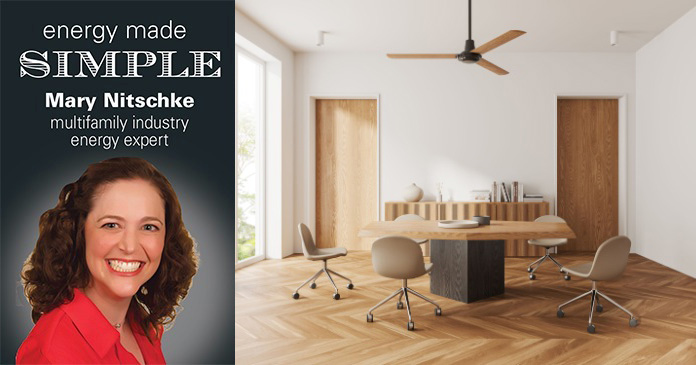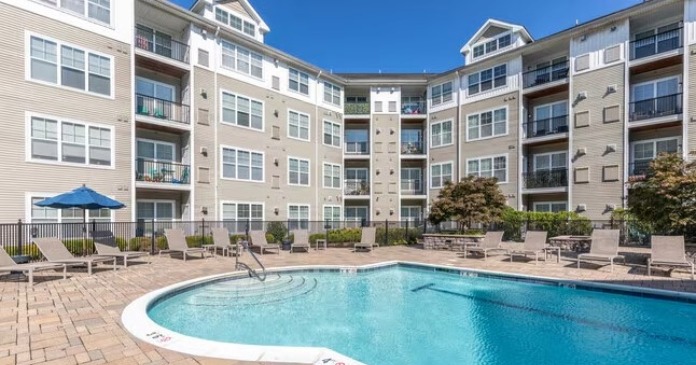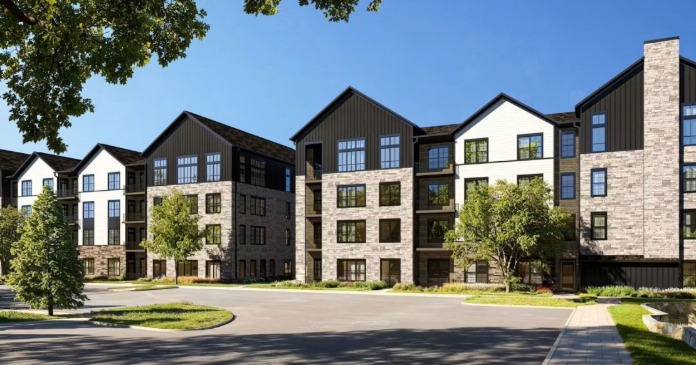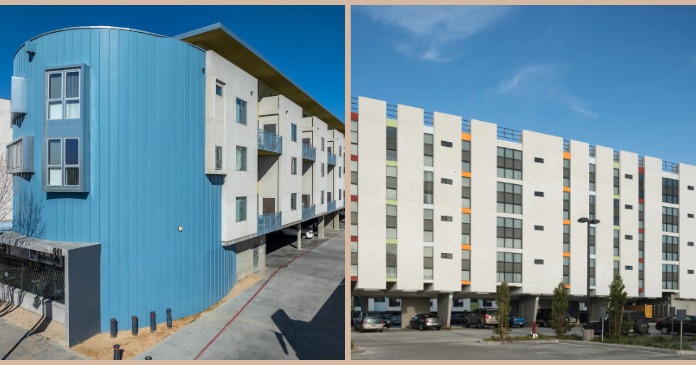Assume is a hilarious word. It can make an “ass” of “u” and “me.” If you are using assumptions and not evidence in your decision making around sustainability, you could make some poor choices. I have learned this the hard way. Most recently in my own home.
I replaced the light fixture in my home office with a light fixture/ceiling fan to reduce my cooling load and cost in the summer. I picked a small fan/LED fixture from a big box hardware store. Sure enough, I could reduce the amount of AC I needed in my house without sweating my face off at my desk. Things seemed great until the LED lamp began to go out prematurely (regrettably one month past the warranty date). I returned to the hardware store (which still sold the same fixture over a year later) and discovered that a replacement light bulb did not exist. I had erroneously assumed that I would be able to replace the light bulb in that fixture. I had to buy a new fan/light fixture to resolve my dimly lit office.
Had I done my due diligence before buying the first fixture, I would have had great payback even with spending a little more up front. Given the false assumption that I made, my payback was terrible, I was irritated and had burnt extra time. Had I done a whole life cycle assessment of the fan I would have realized the impact it would have on the environment (into the landfill), my well-being (so angry) and my time (too much).
I have learned that whole life cycle assessments are fantastic and help us avoid assumptions. However, given the variety of things we purchase for our portfolios, the exercise of running whole life cycle assessments can get overwhelming fast, so I recommend starting with just your topmost purchased fixture.
For one site I had, we seemed to buy a lot of refrigerators. It turned out that the model we were purchasing offered few repair parts and the individual parts were more expensive than just purchasing a new refrigerator! We changed our purchasing plan and began buying ENERGY STAR refrigerators which reduced energy costs for the residents and lasted longer. The new refrigerators were also repairable with decent pricing on replacement parts. Although more money upfront, we reduced the number of appliances we were buying (ultimately our total costs), the down time if a refrigerator needed repair (it is easier to store parts than appliances), and improved resident satisfaction (they liked having an energy efficient appliance).
The point is, don’t assume something is cheaper because the upfront cost is less. Assuming that will make an ass of u and me.














